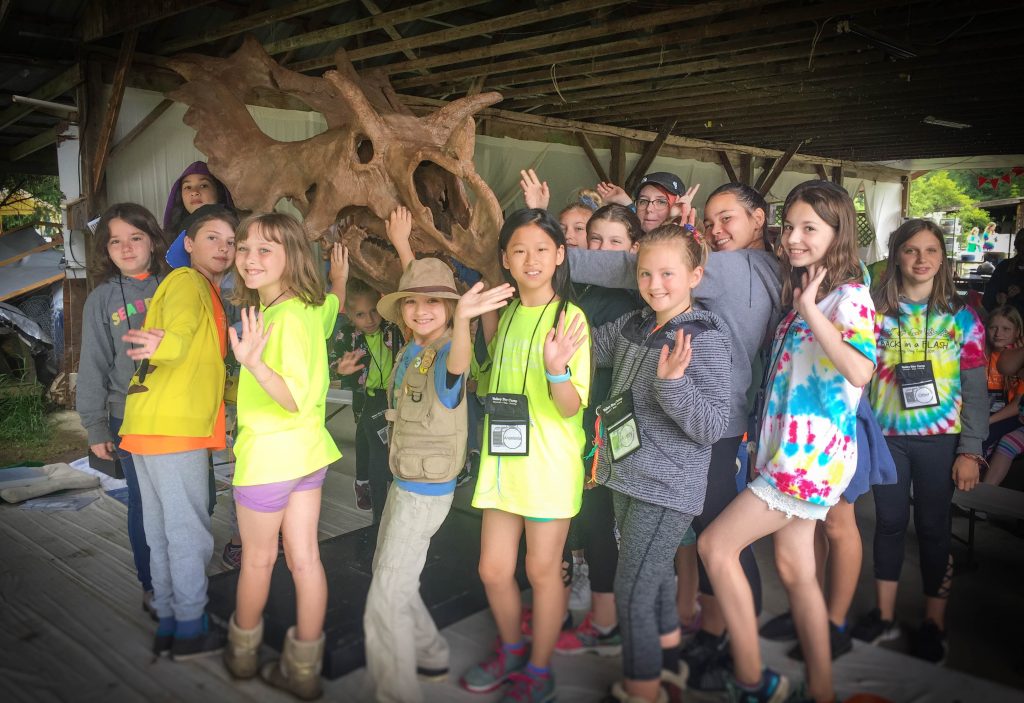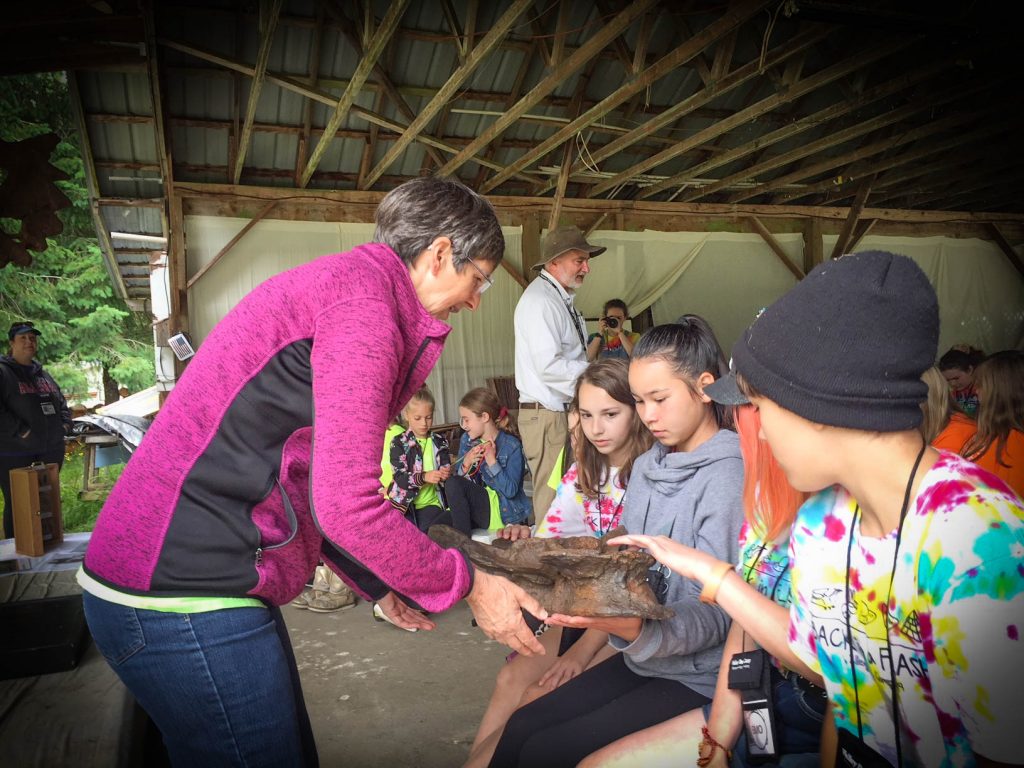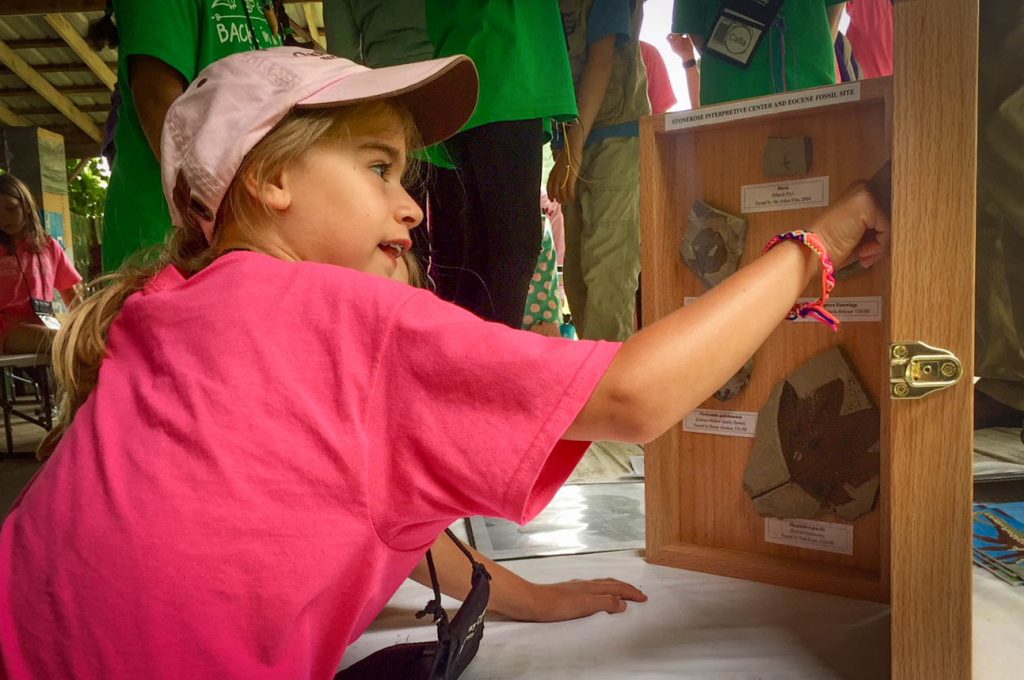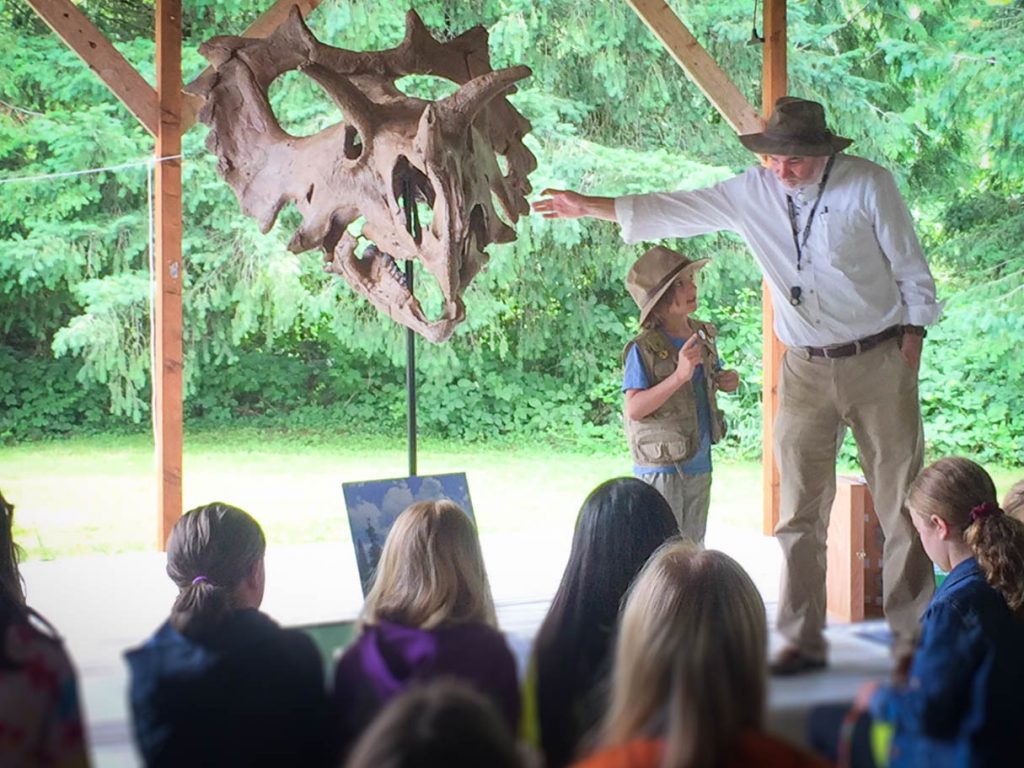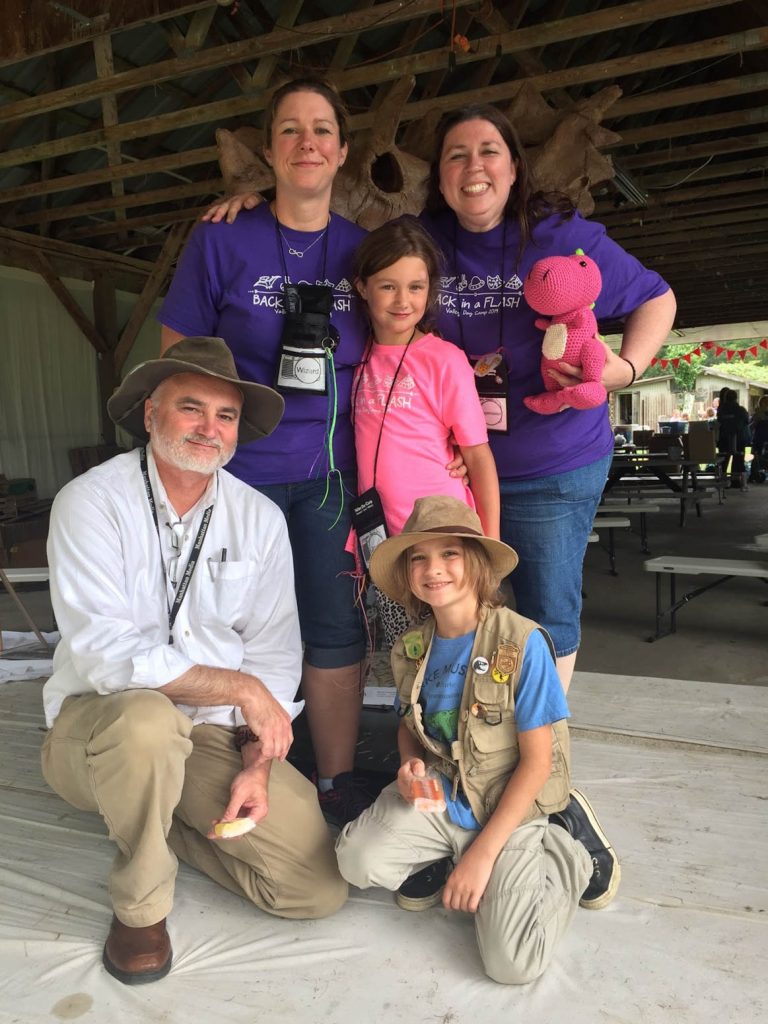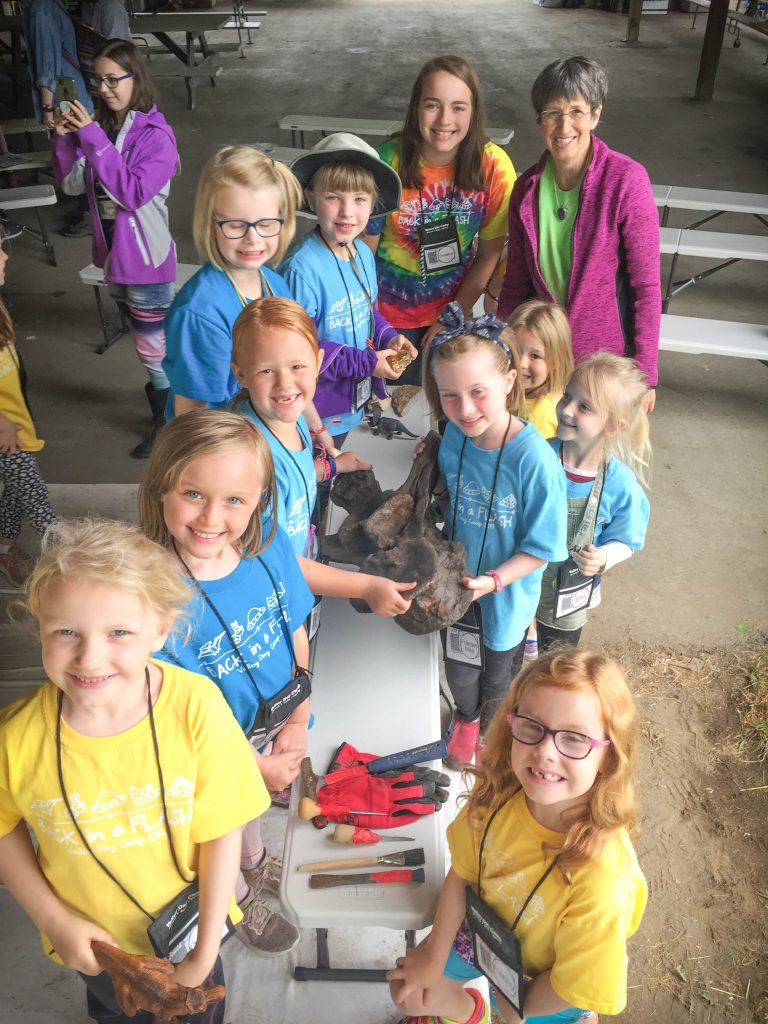The pandemic is not done with us, but we will go back to in person Northwest Paleontological Association meetings if conditions stay stable.
Wow. That feels good to say! Still be prepared to wear masks and follow recommended health directives to keep yourself and the NPA Community safe.
We will be meeting at The Burke Museum. That feels good to say too. Much thanks to Ron Eng and Kelsie Abrams who put in the good word inside the Burke to secure our meeting room. Parking is free on the UW campus on Sunday, and the new Burke has a parking lot (where the old Burke used to be!). Hip Hip Hurray!
Everyone is welcome to attend, new faces and old. All ages too. We have members who are 5 years old and one treasure who is just turning 99 years old. I look forward to seeing everyone soon!
Mark your calendars for our next three meetings:

